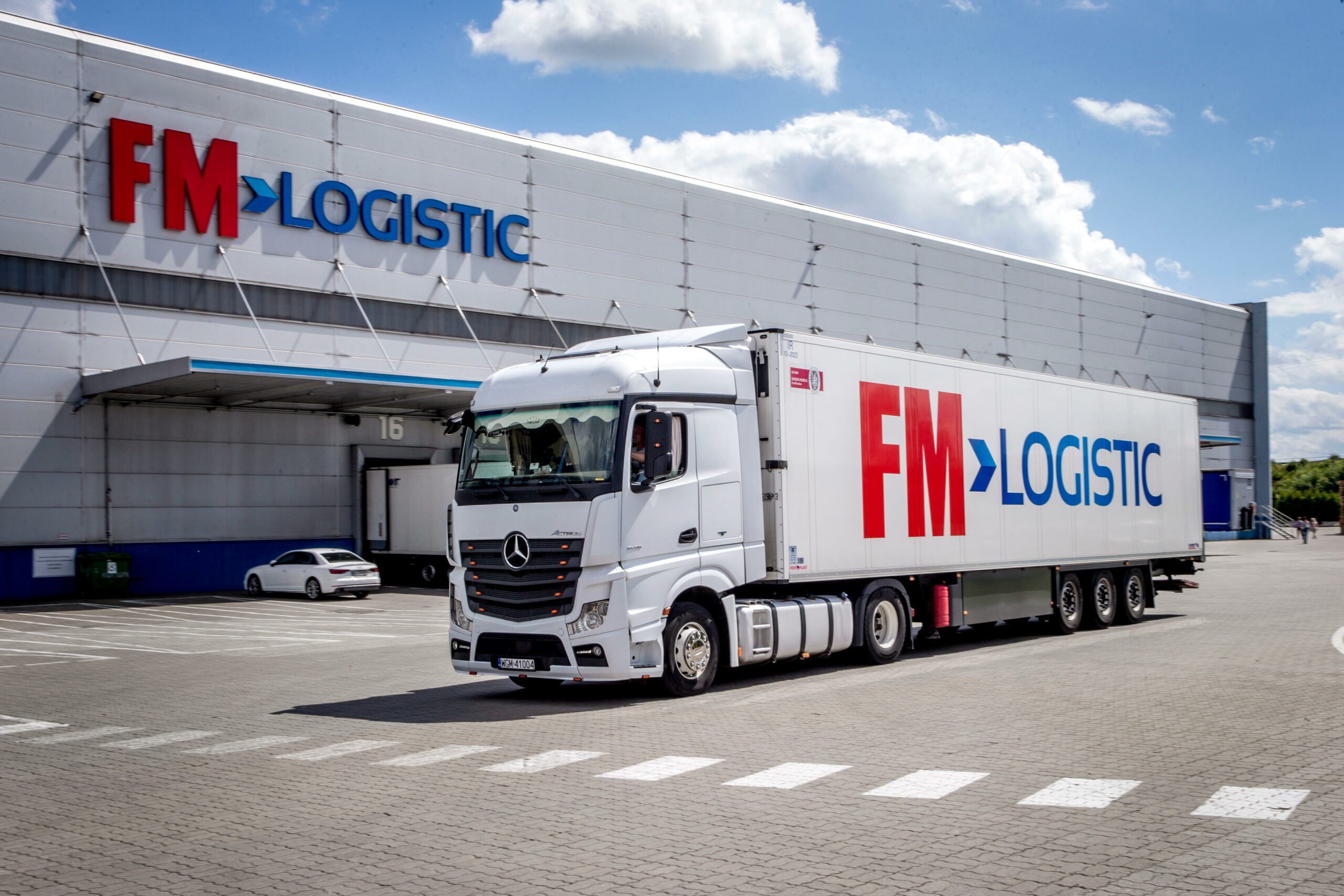- Immediacy. Customers value the here and now. Late or untimely deliveries are not an option. Nowadays, more people tend to buy more products online and, due to changes in consumer trends, there are more types of products on offer. As a result, companies are demanding the need to have a greater variety of stock available.
- Speed. Linked to the previous point, designing a good transport route to optimize journeys at all times is a priority in order to stand out in the market.
- Safety. That a product arrives without loss or damage is an unavoidable issue for all companies. Goods and products are their source of livelihood and economic future. You always have to be very confident about the security measures that are taken when loading and unloading the goods and inside the lorry during transport. There can be no safety failures. And not only for the condition of the goods, but also for the safety of the employees and carriers, because there are a lot of dangerous goods that must be treated with special care and attention.
- Sustainability. Between 8 and 10% of greenhouse gas emissions originate from specific freight transport activities. This is why logistics companies offering their transport services must make decarbonising their activity a priority. Having a renewed fleet of electric or other types of fuel vehicles is a very different aspect compared to the competition. However, in the near future it will also be an obligation as the Climate Change and Energy Transition Act, approved in April 2021, sets 2050 as the date for archiving climate neutrality and a fleet of cars and commercial vehicles with zero greenhouse gas emissions. Similarly, many cities have their own restrictions on the pollution vehicles access. Nevertheless, in order to achieve a much more efficient distribution of goods with conventional vehicles, it is important to optimize vehicle space and avoid transporting air.
- Monitored parameters. The determination of various key performance indicators is an essential factor in achieving improved management efficiency. We need to know the parameters we need to monitor and understand the tools at our disposal. In this way, we know the location and status of our fleet in real time at all times. The fleet manager is responsible for this operation.
- Harmonization of regulations. International road transport is subject to changing regulations in each country, a loss of homogeneity that penalizes hauliers.
- Adapting the sector to customer needs. In a significant percentage of cases, road transport companies do not have the flexibility to meet customer demand.

